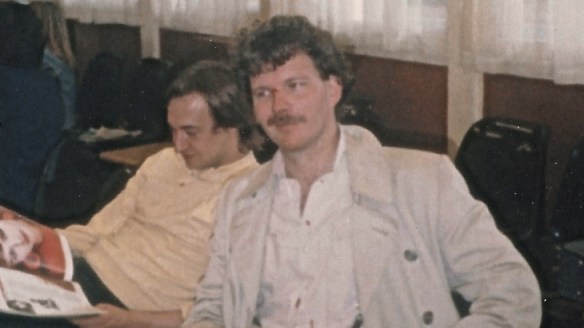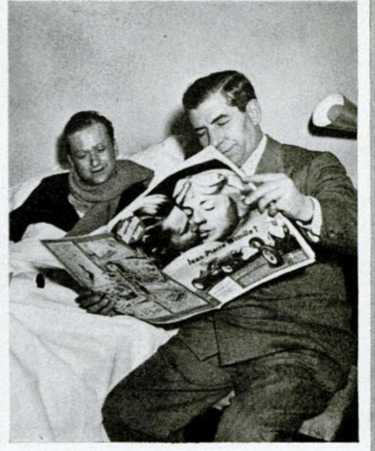It has been said that divorce is the psychological equivalent of a triple coronary bypass. Excepting the legal profession there certainly are no winners, particularly at the ragged end of a 30+ year marriage.
Ranked just below the death of a child (and slightly above imprisonment) on the Stress Scale, divorce turns your emotions into a pinball that careens through the Kübler-Ross Stages of Grief … Bing – Denial … Bing-Bing – Anger … Bing-Bing-Bing – Denial … TILT– Depression … until one fine day you come to Acceptance.
At its darkest it’s hard to write so much as a letter, never mind read a book or listen to a podcast. Yet solace can be found. For most of us there’s music. And the tortuous season of ‘decree nisi’ is a fine time to dust off your record collection and open your ears to new discovery.
For me this includes the Americana Revival trend, in which a new generation of musicians (who in previous decades may have gone the garage band route) has discovered the country, folk, blues, and gospel traditions of the early 20th century and made them contemporary.
Fitting in nicely are a couple of brothers who were raised in a musical household in Concord, NC. Seth and Scott Avett have performed for 20 years as the Avett Brothers, through countless gigs and ten record albums (and counting), including their 2016 release (and just the ticket for a plaintive soul) True Sadness.
In fact, after going through one himself, younger brother, Seth even wrote a track about my very predicament, Divorce Separation Blues. “It’s such a weird thing that divorce is so common and so rare in songs,” he said in an HBO documentary. “Breakup is rampant in songwriting, but Divorce in particular, is barely mentioned.” Oh yes, more divorce songs please.
Still, the most moving number on True Sadness is all about redemption. And in a situation where hard feelings continue, it makes for a fine aspiration.
No Hard Feelings
When my body won’t hold me anymore
And it finally lets me free
Will I be ready?
When my feet won’t walk another mile
And my lips give their last kiss goodbye
Will my hands be steady?
When I lay down my fears
My hopes and my doubts
The rings on my fingers
And the keys to my house
With no hard feelings
When the sun hangs low in the west
And the light in my chest
Won’t be kept held at bay any longer
When the jealousy fades away
And it’s ash and dust for cash and lust
And it’s just hallelujah
And love in thoughts and love in the words
Love in the songs they sing in the church
And no hard feelings
Lord knows they haven’t done
Much good for anyone
Kept me afraid and cold
With so much to have and hold
When my body won’t hold me anymore
And it finally lets me free
Where will I go?
Will the trade winds take me south
Through Georgia grain or tropical rain
Or snow from the heavens?
Will I join with the ocean blue
Or run into the savior true
And shake hands laughing
And walk through the night
Straight to the light
Holding the love I’ve known in my life
And no hard feelings
Lord knows they haven’t done
Much good for anyone
Kept me afraid and cold
With so much to have and hold
Under the curving sky
I’m finally learning why
It matters for me and you
To say it and mean it too
For life and its loveliness
And all of its ugliness
Good as it’s been to me
I have no enemies
I have no enemies
I have no enemies
I have no enemies







